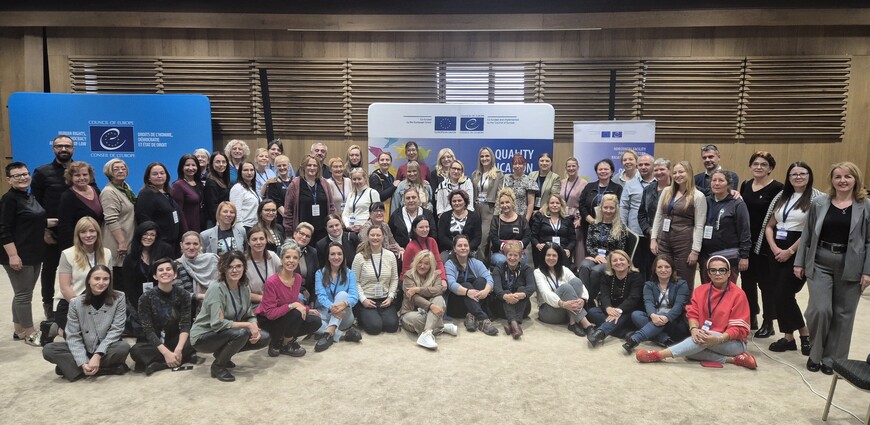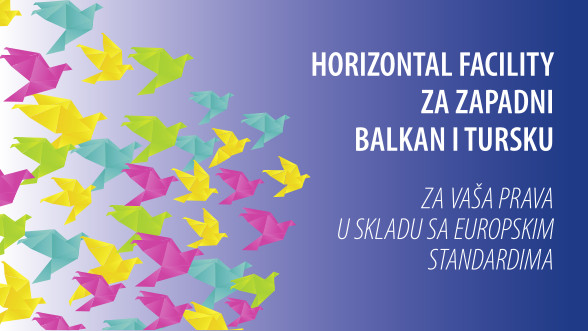Over 70 school mentors, principals, and education experts from 36 mentor schools across Serbia met in Kopaonik for their third annual meeting to advance democratic culture in classrooms.
Organised as part of the joint action of the European Union and the Council of Europe entitled “Quality Education for All”, the two-day event focused on how schools can better promote empathy, critical thinking, and respect for diversity as part of everyday teaching. The meeting was opened by the Assistant Minister of Education who joined the discussions on how to bring Serbian education closer to European standards.
The meeting emphasised the integration of the Reference Framework of Competences for Democratic Culture (RFCDC) into daily teaching practices. Mentors exchanged practical examples of good practices, showcasing how RFCDC's core elements—such as human rights awareness, intercultural dialogue, and civic engagement—can be embedded in curricular and extra-curricular activities to combat discrimination and foster inclusive environments.
A central component of the meeting was training of trainers to deliver new training on RFCDC and cross-curricular competences, developed to accompany the Strategic Guidelines for Integration of the Reference Framework in Selected Subjects of National Curricula - Cross Curricular Approach. The Guidelines empower teachers to seamlessly weave RFCDC principles - such as empathy, critical thinking, and respect for diversity - into their curricula while adhering to national education standards. Mentors developed new action plans while delving into strategies for linking democratic skills across subjects, from literature and history to mathematics and chemistry. In the end, mentor schools also selected 180 new schools for dissemination, to be trained in line with the RFCDC principles in the 2025/26 school year.
The action “Quality education for all” is part of the joint European Union and Council of Europe programme “Horizontal Facility for the Western Balkans and Türkiye”.



